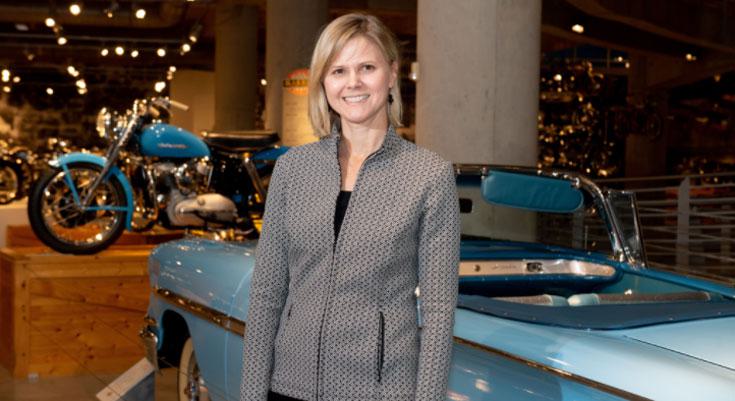While I was growing up, my dad would wake me up in the morning by knocking on my bedroom door and saying in his most upbeat voice, “Is … everybody … happy?” As a child prone to staying up far too late the previous night, I’d initially grumble a heartfelt “no” before eventually slithering out of bed.
His morning words always surprised me a little because my dad was not then (and is not now) what I would call an idealistically “happy” person. Filled with Polish and Italian blood and faced with the constant pressures of raising five kids at the time, he wasn’t one to withhold criticisms or cower in the face of conflict either.
What I now realize, however, was that his morning ritual wasn’t one meant to simply encourage his kids to “be” happy. It was actually an assertion (a mission perhaps) grounded in his immovable faith. It was one intended to instill in us a certain hope that embraced positivity and resiliency even when life seemed hard.
I’ve been thinking about those morning words “Is everybody happy?” a good bit lately, as I (like so many in our society) feel the pressures created by the COVID pandemic.
And what I find concerning is how, in spite of the spiritual, physical and cognitive benefits this kind of positivity could offer at this moment, our society has instead welcomed negativity as our social norm.
It’s not just the negative news reporting from our more biased news sources or politicians either. (We can probably always expect news and politics to play off of, and attempt to profit from, the public’s natural tendency to absorb negative messaging with more interest than positive ones.) What I’m referring to is the contagion of negativity penetrating every level of society today.
It’s telling, for example, that one of the social trends over the last two years is to criticize those who rely on “toxic positivity” to lead.
Don’t get me wrong. “Toxic positivity” is a real concern in its proper context. That proper context describes a prioritization (or obsession with) happiness that ignores or invalidates other natural emotions, especially during times of crisis. In other words, it’s not a criticism against those who prioritize positivity and optimistically work towards conflict resolution but rather against those who prioritize happiness and ignore conflicts and the natural emotions they cause.
Nonetheless, its message has often been skewed and contributes to our society’s increasing distaste for positivity and infatuation with never seeing beyond one’s misery.
Over the last few years, members of our healthcare community — who could promote policies that encourage doctors to help patients make productive, individualized health care decisions — have instead used demeaning tactics against those who are cautious of the COVID vaccine, or in some unusual cases, those who receive it.
Employees - who could express gratitude for their jobs and the benefits they offer — have instead focused incessantly on what those jobs lack.
The education communities — who could initiate a nationwide campaign to promote positive learning environments with character enrichment — have instead opted for programs filled with “anti-bullying,” “anti-hate,” “anti-racism”—“anti-anything” — messaging.
We the people — who could model charity, love, and compassion for one another in spite of our differences — have instead narrowed our friend pools and ridiculed people who don’t think like we do.
And it would be naïve to think it’s not taking an emotional toll.
Not only do the latest statistics indicate the pandemic has exacerbated the anxiety and distress already experienced by so many Americans, but the U.S. Surgeon General Dr. Vivek Murthy also released a report last week indicating that the pandemic has contributed to the mental health crisis already affecting young people. That report recognizes that young people are experiencing major increases in certain mental health symptoms, including depression and thoughts of suicide, and notes “[t]he pandemic era’s unfathomable number of deaths, pervasive sense of fear, economic instability, and forced physical distancing from loved ones, friends, and communities have exacerbated the unprecedented stresses young people already faced.”
While there are various contributors to this mental health crisis, we have to realize that our own negativity crisis, and inability to rise to a more productive positivity, aren’t helping.
The bottom line is that everybody is not always going to “be” happy. But by always focusing on what we are against, we cloud (and fail to communicate) what we are for.
And, at a minimum, that should be a society of hope, not of woe.
Krissie Allen is a former attorney and English teacher who writes about issues impacting faith, society, and good sense. Her column appears every Tuesday. The views and opinions expressed here are those of the author and do not necessarily reflect the policy or position of 1819 News. To comment, please send an email with your name and contact information to Commentary@1819News.com.










